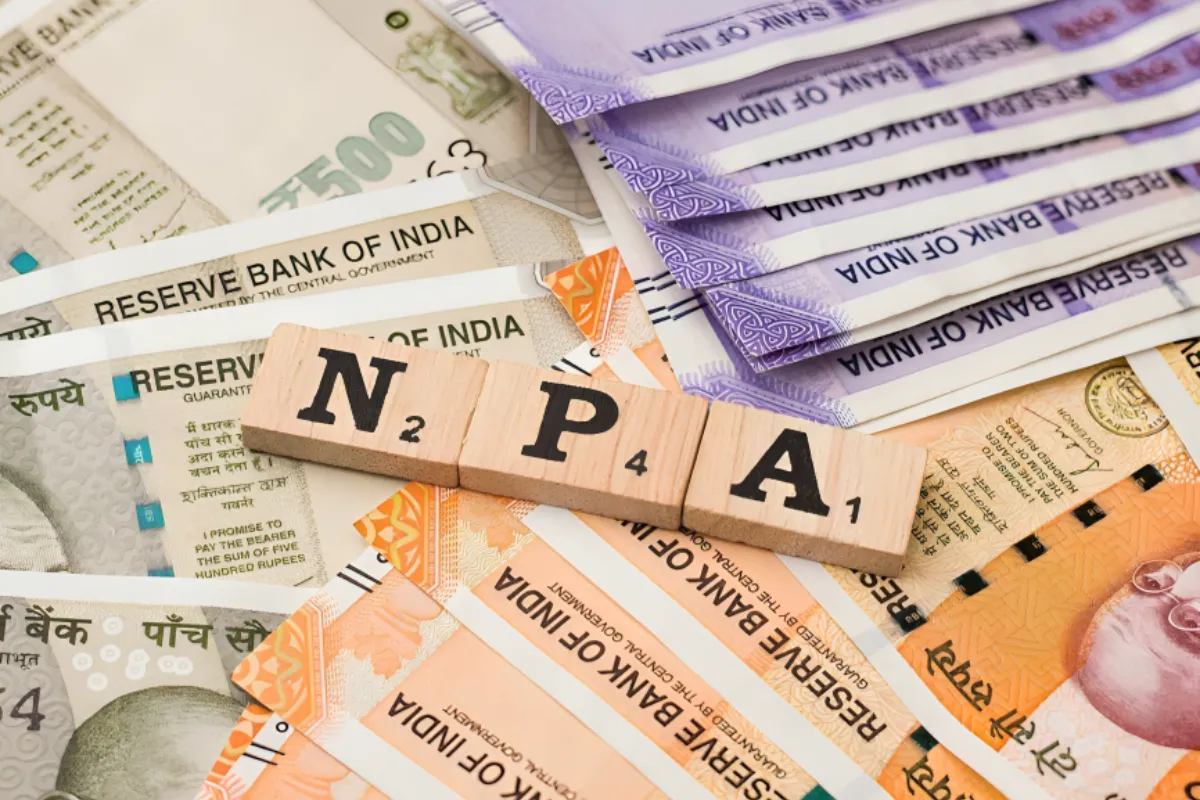In the world of banking in India, there’s a term that carries a lot of weight: Non-Performing Asset (NPA). When a borrower falls into this category, it sets off a series of tough challenges. These include money problems, legal complications, and obstacles to keeping the business running smoothly. Let’s break down what NPA means and what comes next.
What is an NPA?
NPA is a loan that has been overdue for more than 90 days. This means the borrower hasn’t made any payments, including principal or interest, for that period. Banks are required to classify such loans as NPAs to reflect the risk they pose.
What Happens After Loan Default?
So, you missed some payments and your loan became an NPA. Now what? Here’s what you might face:
Financial Restrictions
- Limited Account Operations: Banks may restrict your account activity, potentially adjusting deposited funds towards outstanding dues and interest. Access to additional facilities like overdrafts might also be suspended.
- Interbank Hindrances: Maintaining accounts with other banks could become difficult, as the NPA status might flag your profile for additional scrutiny.
- Loan Roadblocks: Securing future loans from other banks or NBFCs becomes nearly impossible due to policy restrictions against NPA borrowers.
- Bank’s Aggressive Approach: As the bank seeks to recover the loan, their interactions might seem assertive, adding legal pressure and distracting you from running your business smoothly.
- Collateral at Risk: In later stages, the bank might seek possession of collateralized properties. If your business assets are involved, this could jeopardize your entire operation.
- Property Value Dilation: Public proceedings and auction notices associated with your properties can damage their market reputation, leading to lower valuations.
- Limited Borrowing Options: With no bank or NBFC willing to extend credit, settling the NPA and seeking new loans becomes incredibly challenging.
Legal Actions
- Loan Recall Notice: This demands immediate payment of the entire outstanding amount within a specific timeframe.
- Notice 13(2): This details the outstanding amount and grants a 60-day window for repayment. It’s crucial to resolve the issue during this time.
- Notice 13(4): This “Symbolic Possession Notice” informs you that specific assets/properties could be legally seized by the bank, paving the way for physical possession or auction.
Things to Remember
- Defaulting on a loan has serious consequences, both financially and legally.
- Understanding the NPA process and potential actions helps you navigate this challenging situation.
- Open communication with your bank, exploring restructuring options, and seeking legal guidance can be crucial steps towards finding a solution.
Keep watching our YouTube Channel ‘DNP INDIA’. Also, please subscribe and follow us on FACEBOOK, INSTAGRAM, and TWITTER
